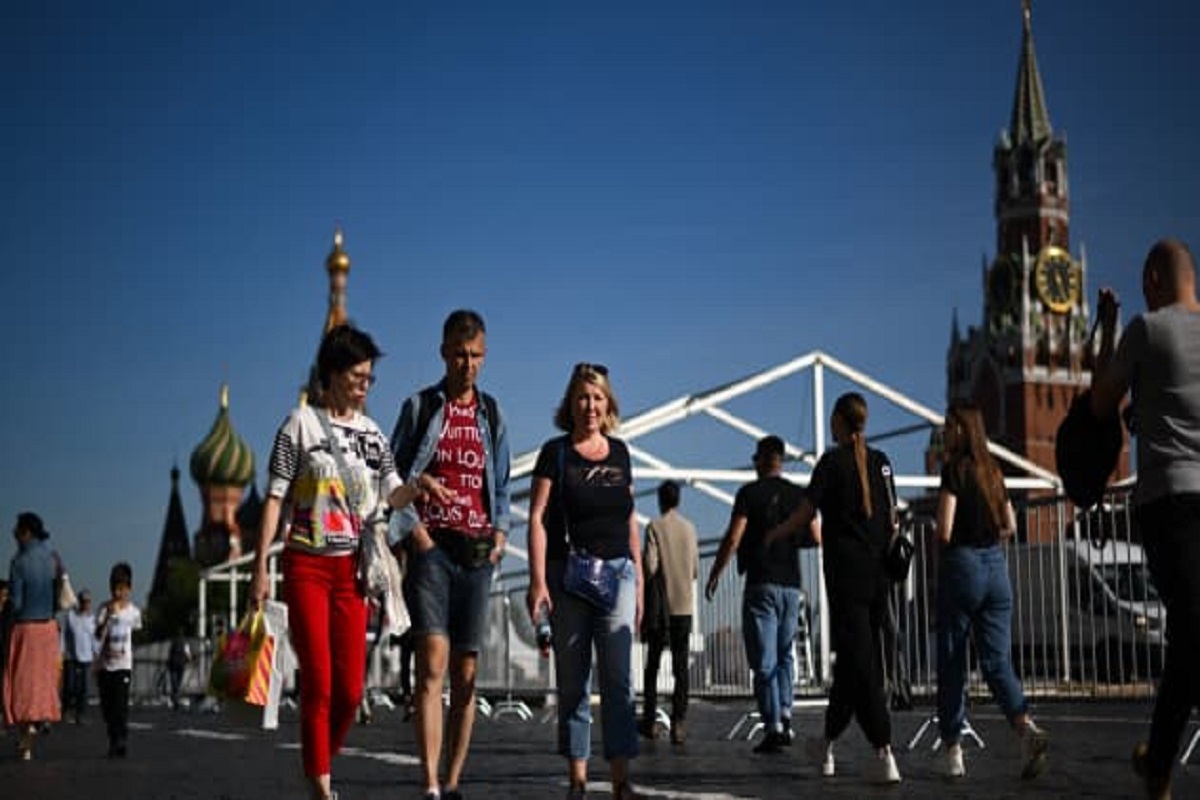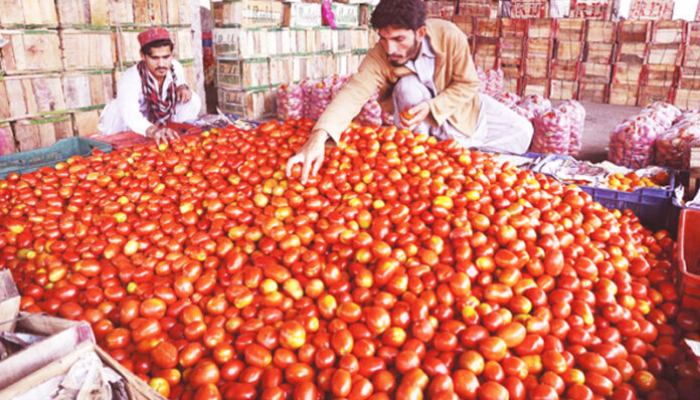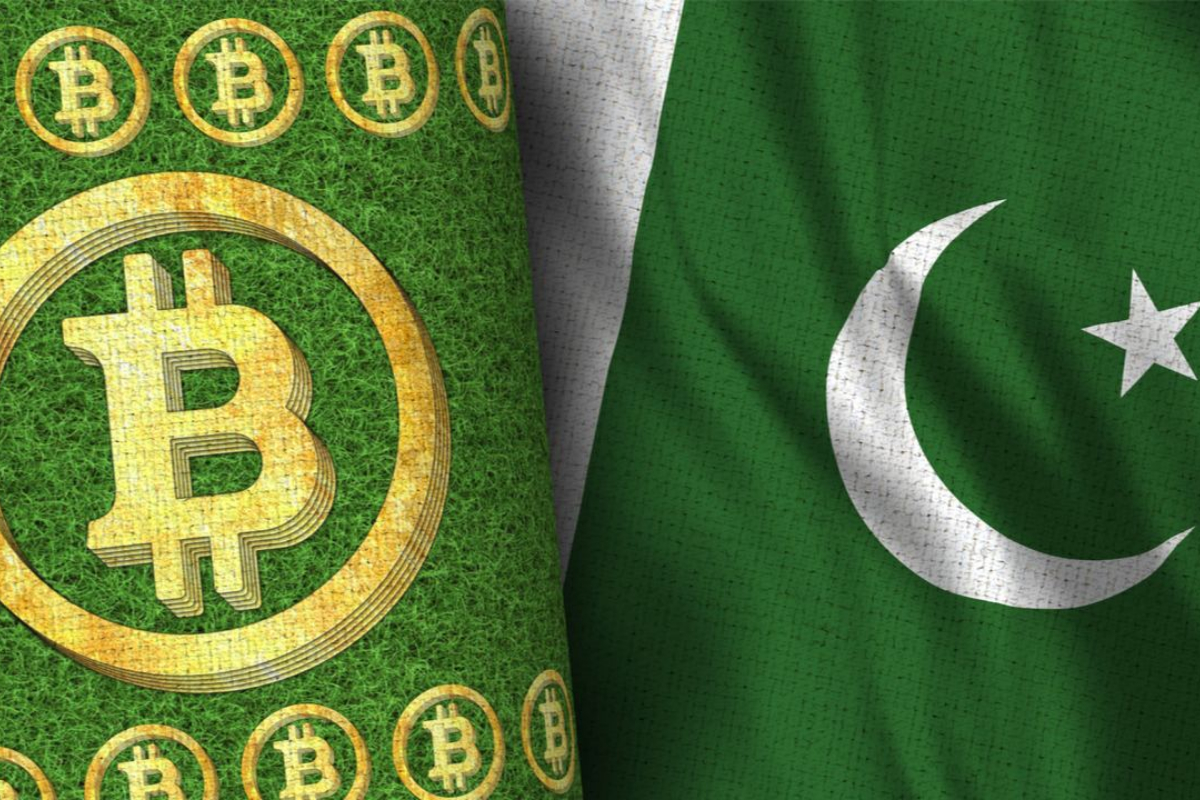- When Moscow invaded Ukraine, some Russians became unsustainable overnight.
- One Russian economist estimated 200,000 by mid-March.
- Tens of thousands of Russians have moved to Turkey, Georgia, Armenia, Israel, the Baltic nations.
Vladimir has spent months preparing to move to France. The 37-year-old is certain that moving his family and staff out of Russia will be worth the hassle.
“It’s comfortable to live in your birth nation. Vladimir said.
Vladimir didn’t decide to leave the nation he’s called home all his life “overnight.” Under Putin’s tenure, he’s seen the “erosion of politics and freedom” in Russia. Invading Ukraine was the last straw.
In two years, he added, “things will be so horrible”
Request for comment was not immediately met by the Russian Embassy in London or Foreign Ministry.
Russian migration’s’second wave’
Vladimir is part of what he calls Russia’s “second wave” of migration after the war.
This includes folks with businesses or families who wished to let their children finish the school year before departing.
Nobody had such versatility. When Moscow invaded Ukraine on Feb. 24, life for some Russians became unsustainable overnight.
A “first wave” of artists, journalists, and others hostile to Putin’s government left the country or risked political prosecution for dissenting against the Kremlin.
Jeanne Batalova, senior policy analyst at the Migration Policy Institute, said some Russians received traitor letters from neighbours.
As the fighting continues, more Russians depart.
[embedpost slug=”russian-strikes-kill-20-as-zelensky-urges-special-tribunal-for-moscow/”]
Once migration begins and people learn how to get a flat, file for asylum, get a job, or establish a business, more people depart. Batalova: “It becomes self-fulfilling.”
Thousands leave
Since the war began, no one knows how many Russians have departed. One Russian economist estimated 200,000 by mid-March.
Tens of thousands of Russians have moved to Turkey, Georgia, Armenia, Israel, the Baltic nations and elsewhere, says Batalova.
“These numbers ring true if you look at people’s destinations,” she said. Not to mention Russia’s enormous abroad diaspora, many of whom are in Southeast Asia, who haven’t returned home since the invasion. Batalova says 100,000.
In the tech sector alone, 50,000 to 70,000 professionals left in the first month of the war, with another 70,000 to 100,000 projected soon after.
Some start-up entrepreneurs, like Vladimir, who owns a restaurant software service, have relocated their firms and workers overseas, choosing France, the U.K., Spain, and Cyprus. Vladimir is moving his wife, child, and four-person team to Paris.
They follow other mobile, independent Russian tech professionals who have moved to Indonesia, Thailand, and Turkey.
A third set of IT professionals at major Russian IT organisations is leaving out of obligation.
Mikhail Mizhinsky, founder of Relocode, said these guys faced a terrible predicament.
Many have received ultimatums from foreign consumers quitting Russia. Mizhinsky says they must choose between Bulgaria’s low expenses, Russian influence in Serbia, and Armenia’s tax benefits.
Most don’t want to leave Russia, he said. “But their clientele who buy IT outsourced products and services demanded they depart. Many received messages from clients threatening to cancel contracts unless they left Russia.
Rich and educated
As citizens reject the conflict and worsening business conditions, talent has fled Russia’s biggest cities, including the tech sector.
Scott Antel, an international hotel and franchise lawyer who spent nearly two decades in Moscow, has helped five friends move to Dubai this year. In several cases, he purchased apartments for them sight unseen to speed the relocation.
Antel’s departing friends work in law, consulting, hospitality, and real estate. Talented people will face huge disruption.
“Many believe they’ve lost their country,” he said. “Can this be fixed in two years?” No.”
Not just professionals seek out Dubai’s stability. Having stayed politically neutral under international sanctions, the emirate has become a popular resort for Russia’s über rich.
According to a June report by London-based citizenship-by-investment business Henley & Partners, 15,000 millionaires are anticipated to depart Russia this year, with Dubai as the leading destination.
Host countries’ trepidation
Some of Russia’s early emigrants have returned home due to family and commercial ties, travel limitations, and banking sanctions.
Batalova predicts short-lived returns.
“My bet is that Russian emigration will continue, and when individuals return, they’ll sell possessions and residences and leave again,” she said.
She questions how Russian emigrants will be received in their host nation.
Russia is seen as the aggressor in this dispute, and emigrants share that perspective. Even if they’re against the system, public sentiment might be passed to new entrants, Batalova added.
Some host countries fear an inflow of Russian migrants could lead to an invasion. Moscow has said its so-called special military operation in Ukraine was aimed at “liberating” Donbas, an ethnically Russian-populated region in east Ukraine.
According to Batalova, Georgia, Armenia, and the Baltic republics — all of which have suffered from Russian aggression and have national security concerns — are likely to be apprehensive.
“They don’t want Russia to come along later and try to safeguard Russians in those host nations,” she said.
Vladimir persists. His family hopes for a fresh start outside of Russia.
“I’m sure not everyone is negative. People may communicate with any passport, he remarked.
[embedpost slug=”emmanuel-macron-says-france-to-do-without-russian-gas/”]





















